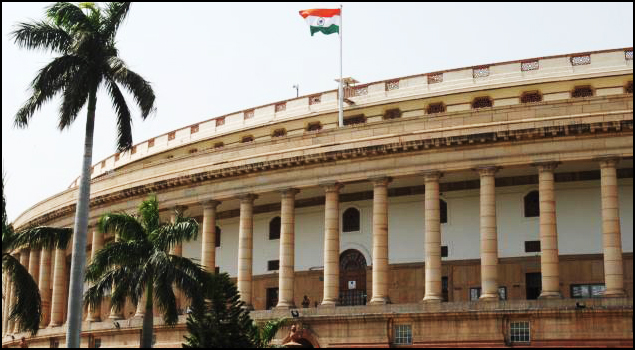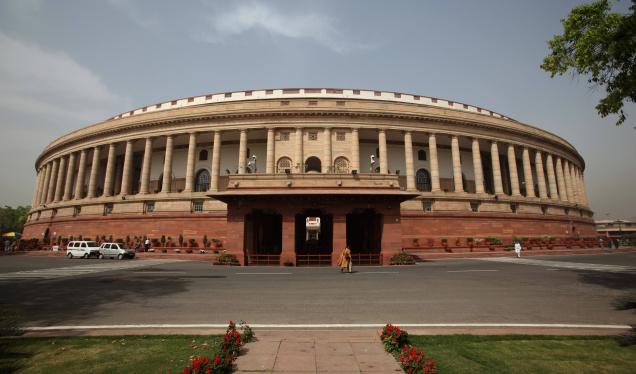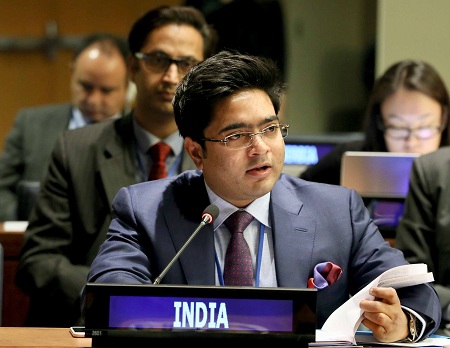Trinamool has always maintained that the Parliament is a place to debate, discuss and legislate. Playing the role of a responsible Opposition, the party participated in several legislative businesses and discussions of public importance.
The day began for Trinamool with Serampore MP Kalyan Banerjee extending support to the Election Laws (Amendment) Bill, 2016 in Lok Sabha. While underlining the important role played by Mamata Banerjee during the Land Boundary Agreement with Bangladesh, he also demanded that the government must release the funds promised to the State for rehabilitation of those who are moving to India.
“When we are thinking that they should be the voter of our country, they should cast their vote, at the same time we should also expect that they should have a dignified life in our country which is protected under Article 21 of our Constitution,” he added.
Kalyan Banerjee was joined by Uluberia MP Sultan Ahmed who questioned the Communists on what they did for solving the boundary issue when they were in power for forty years in Bengal.
In the Rajya Sabha, during a Calling Attention Motion, Nadimul Haque posed several questions to the Union Home Minister regarding the administrative control of Delhi Police and worsening law and order situation in the National Capital.
“Since Delhi Police works under the Central Bureaucracy, it has no accountability to the people of Delhi, so what steps are being taken to increase and set the direct accountability of Delhi Police to the people of Delhi? And if no steps are being taken to increase the administrative control of Delhi Government over Delhi Police, does it not violate the concept of ‘co-operative federalism’ of the Centre,” he asked.
During a discussion on the current situation in India universities, specially JNU and University of Hyderabad, Sukhendu Sekhar Roy questioned the jingoism prevalent in the country and batted for patriotism.
He called for a relook at Section 124 (A) of IPC dealing with sedition and called for ending its misuse. “Ultra nationalism, under no circumstances, is not accepted. Ultra-Leftism is also rejected by people,” he said. “The cruelty inflicted on Rohith must not be repeated. All culprits responsible must be brought to book,” the veteran Parliamentarian added.
Full transcript of his speech coming soon





